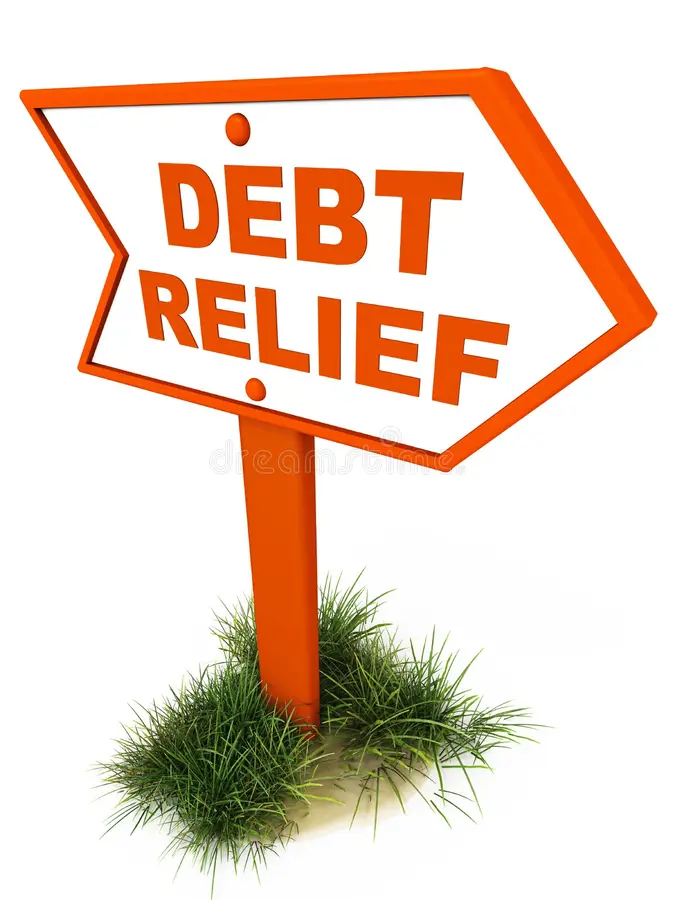 Navigating the complexities of debt can be a daunting experience, especially when it feels like your financial obligations are mounting beyond control. For those seeking relief, debt settlement companies present an option that might offer a way out. But what exactly are these companies, how do they operate, and what should you be aware of before engaging with one? This article delves into the world of debt settlement companies, providing a thorough understanding of their role, the benefits and risks associated with their services, and tips for choosing the right company.
Navigating the complexities of debt can be a daunting experience, especially when it feels like your financial obligations are mounting beyond control. For those seeking relief, debt settlement companies present an option that might offer a way out. But what exactly are these companies, how do they operate, and what should you be aware of before engaging with one? This article delves into the world of debt settlement companies, providing a thorough understanding of their role, the benefits and risks associated with their services, and tips for choosing the right company.
What Are Debt Settlement Companies?
Debt settlement companies are specialized firms that negotiate with creditors on behalf of individuals or businesses to reduce the total amount of debt owed. The primary goal is to reach a settlement where the debtor pays less than the full amount due, often in a lump sum or through a structured payment plan. These companies aim to provide an alternative to bankruptcy or prolonged debt repayment plans, offering hope for those struggling with unmanageable debt.
How Debt Settlement Companies Work
The process typically unfolds in several stages, each designed to facilitate a resolution of your debt issues:
- Initial Consultation and Assessment: The journey begins with an initial consultation. During this phase, the debt settlement company reviews your financial situation, including your income, expenses, and total debt. This assessment helps determine if debt settlement is a viable option for you. The company will outline a plan that includes a structured approach to negotiating with creditors.
- Enrollment and Fund Accumulation: If you decide to proceed, you’ll enroll in a debt settlement program. Instead of making direct payments to your creditors, you make monthly deposits into a dedicated account managed by the debt settlement company. This account accumulates funds that will be used later to negotiate settlements with creditors.
- Negotiation with Creditors: Once a sufficient amount of money has accumulated in your account, the debt settlement company begins negotiations with your creditors. The objective is to convince creditors to accept a reduced payment amount as a settlement in full. This phase can last several months or even years, depending on the amount of debt and the willingness of creditors to negotiate.
- Settlement and Payment: After reaching an agreement with a creditor, you will pay the agreed-upon settlement amount from the funds accumulated in your dedicated account. The debt settlement company then disburses this payment to the creditor, and the debt is considered resolved. You continue this process with other creditors until all your negotiated debts are settled.
- Completion and Post-Settlement: Once all the debts are settled, you will have completed the debt settlement program. Ideally, this means you’ve significantly reduced your debt burden. However, it’s crucial to understand the long-term implications, including potential impacts on your credit score and future financial behavior.
Benefits of Using a Debt Settlement Company
Debt settlement can offer several advantages for individuals struggling with significant debt:
- Reduction in Total Debt: One of the most significant benefits of debt settlement is the potential to reduce the total amount of debt owed. Settlements often involve paying less than the full amount, which can provide substantial financial relief.
- Avoiding Bankruptcy: Debt settlement can serve as an alternative to bankruptcy, which can have severe and long-lasting effects on your credit score and financial standing. For many, avoiding bankruptcy is preferable, and debt settlement offers a way to resolve debt without resorting to such a drastic measure.
- Simplified Payment Structure: Debt settlement consolidates your debt into a single monthly payment to the debt settlement company, simplifying the repayment process. This can be less confusing and easier to manage than dealing with multiple creditors and payment schedules.
- Stress Reduction: Managing substantial debt can be incredibly stressful. By engaging with a debt settlement company, you can relieve some of that stress by having a structured plan and dedicated professionals handling negotiations on your behalf.
Potential Risks and Drawbacks
While debt settlement offers several benefits, it also comes with potential risks and drawbacks that should be carefully considered:
- Impact on Credit Score: Debt settlement can negatively affect your credit score. The process involves ceasing payments to creditors, which can lead to missed payments and a lower credit rating. Additionally, settled debts may be reported as “settled for less than the full amount,” further impacting your creditworthiness.
- Fees and Costs: Debt settlement companies typically charge fees for their services, which can be substantial. These fees are often based on a percentage of the debt amount or the amount saved through settlement. It’s essential to understand the fee structure and ensure that the costs are justifiable in relation to the potential savings.
- No Guaranteed Results: There is no guarantee that debt settlement will lead to a successful outcome. Creditors may refuse to negotiate, or the terms of the settlement may not be as favorable as expected. This uncertainty can lead to prolonged financial stress and may not provide the relief you anticipate.
- Risk of Scams: The debt settlement industry has faced scrutiny for fraudulent practices. It’s crucial to research thoroughly and choose a reputable company. Look for companies with positive reviews, accreditation from organizations like the Better Business Bureau, and a transparent fee structure to avoid falling victim to scams.
Tips for Choosing a Debt Settlement Company
If you’re considering working with a debt settlement company, selecting the right one is crucial. Here are some tips to guide your decision:
- Research and Reviews: Investigate the company’s reputation by reading customer reviews and checking for any complaints with consumer protection agencies.
- Accreditation and Certification: Choose companies accredited by reputable organizations such as the American Fair Credit Council (AFCC) or the International Association of Professional Debt Arbitrators (IAPDA).
- Transparency: Ensure the company provides clear, upfront information about their fees, processes, and the potential impact on your credit score. Avoid companies that are vague or unwilling to provide detailed information.
- Consultations: Take advantage of free consultations to ask questions and understand the company’s approach before committing. This will help you gauge their professionalism and suitability for your needs.
Debt settlement companies can offer a pathway to financial relief for those burdened by significant debt. By negotiating with creditors to reduce the amount owed, these companies provide an alternative to bankruptcy and offer a structured approach to managing debt. However, it’s essential to weigh the benefits against the potential risks, including impacts on your credit score and the costs involved. By conducting thorough research and choosing a reputable company, you can navigate the debt settlement process with greater confidence and work towards achieving financial stability.
